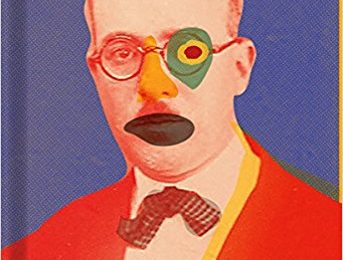

I want Pessoa to be as great as the version Zenith presents.” - Chris Power, New Statesman most accurately conveys the style and spirit of Pessoa, but judging the English alone, Zenith’s translation is most compelling. “I can’t tell which of the three English-language editions of The Book of Disquiet I’ve read. In 2012, Zenith was awarded Portugal’s Pessoa Prize. His translations include Galician-Portuguese troubadour poetry novels by Antonio Lobo Antunes Pessoa's A Little Larger Than the Entire Universe: Selected Poems Fernando Pessoa and Co.: Selected Poems, which won the PEN Award for Poetry in Translation and João Cabral de Melo Neto's Education by Stone: Selected Poems, which won the Academy of American Poets’ Harold Morton Landon Translation Award. He was a finalist for the Pulitzer Prize for Pessoa: A Biography. Richard Zenith (editor, translator, introducer) lives in Lisbon, where he works as a freelance writer, translator, and critic. Although acknowledged as an intellectual and a poet, his literary genius went largely unrecognized until after his death. A prolific writer, ascribing his work to a variety of personas or heteronyms, Pessoa published little in his lifetime and supported himself by working as a commercial translator.


Part intimate diary, part prose poetry, part descriptive narrative, captivatingly translated by Richard Zenith, The Book of Disquiet is one of the greatest works of the twentieth century.įernando Pessoa (1888–1935) was born in Lisbon and brought up in Durban, South Africa. Published for the first time some fifty years after his death, this unique collection of short, aphoristic paragraphs comprises the "autobiography" of Bernardo Soares, one of Pessoa's alternate selves. When he died in 1935, Pessoa left behind a trunk filled with unfinished and unpublished writings, among which were the remarkable pages that make up his posthumous masterpiece, The Book of Disquiet, an astonishing work that, in George Steiner's words, "gives to Lisbon the haunting spell of Joyce's Dublin or Kafka's Prague." He attributed his prolific writings to a wide range of alternate selves, each of which had a distinct biography, ideology, and horoscope. Winner of the Calouste Gulbenkian Translation Prize for Portuguese Translationįernando Pessoa was many writers in one. The prizewinning, complete and unabridged translation-“the best English-language version we are likely to see for a long time, if ever” ( The Guardian)-of a work of unclassifiable genius: the crowning achievement of Portugal’s modern masterĮdited, Translated, and with an Introduction by Richard Zenith, the author of the Pulitzer Prize finalist Pessoa: A Biography


 0 kommentar(er)
0 kommentar(er)
